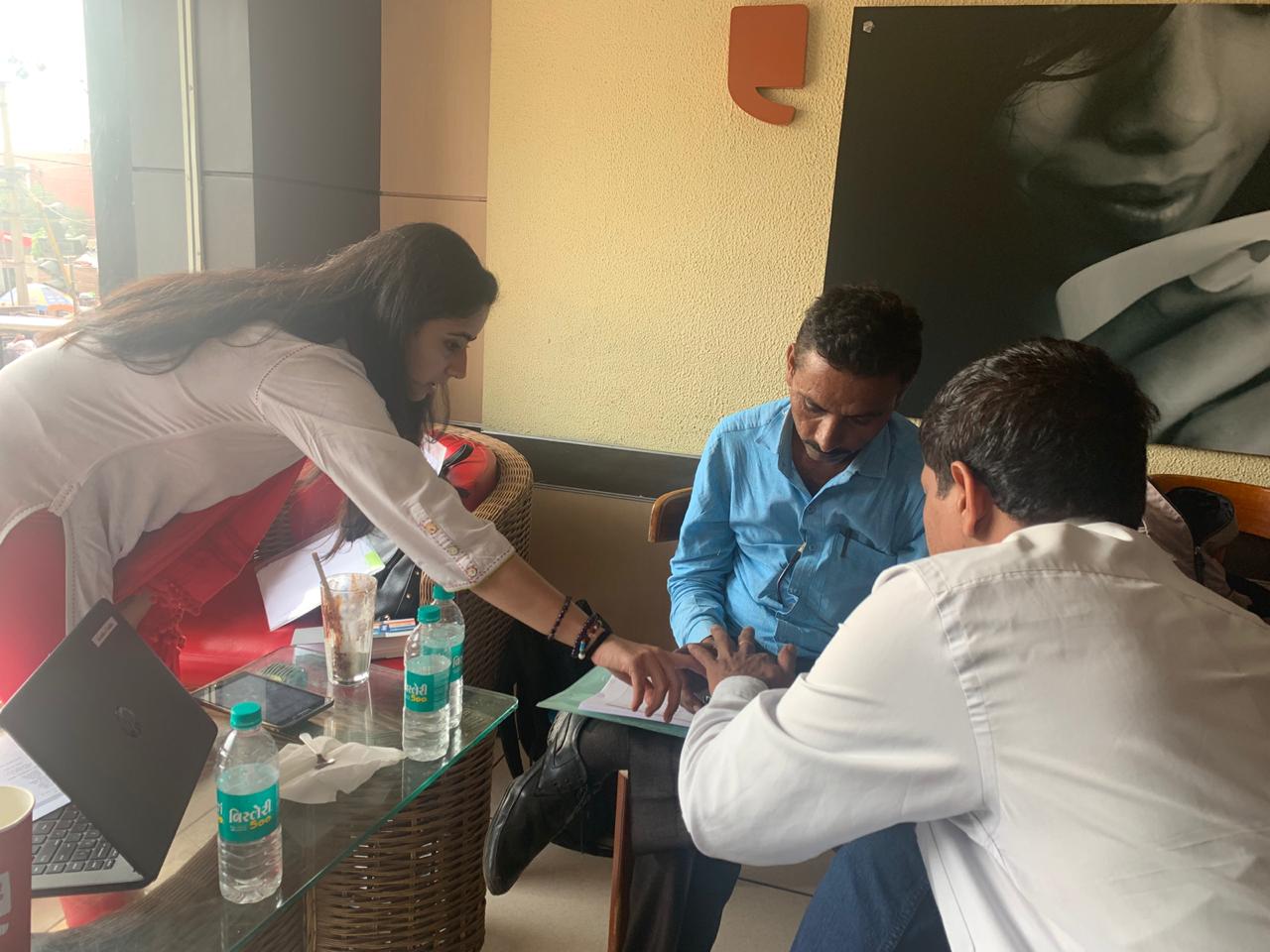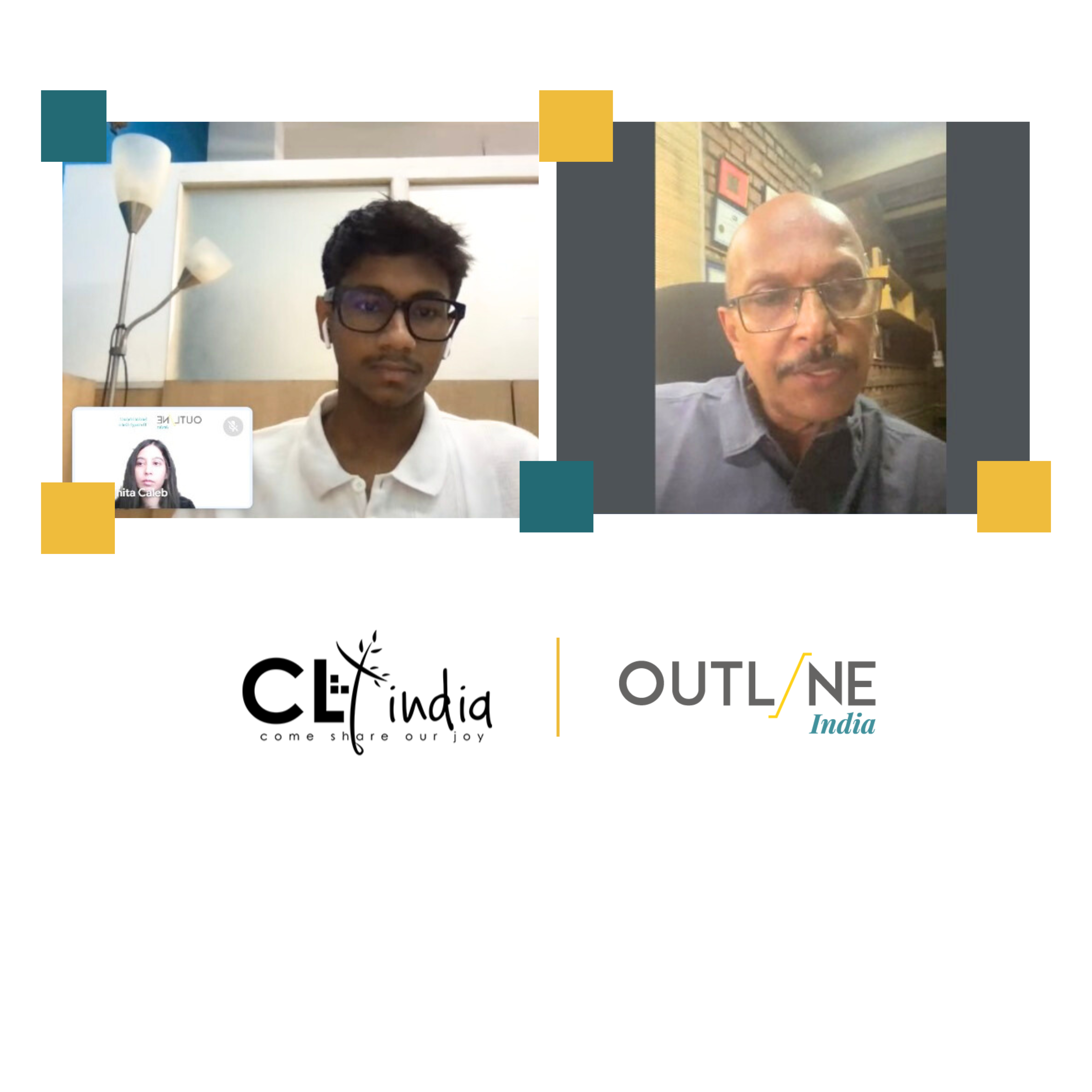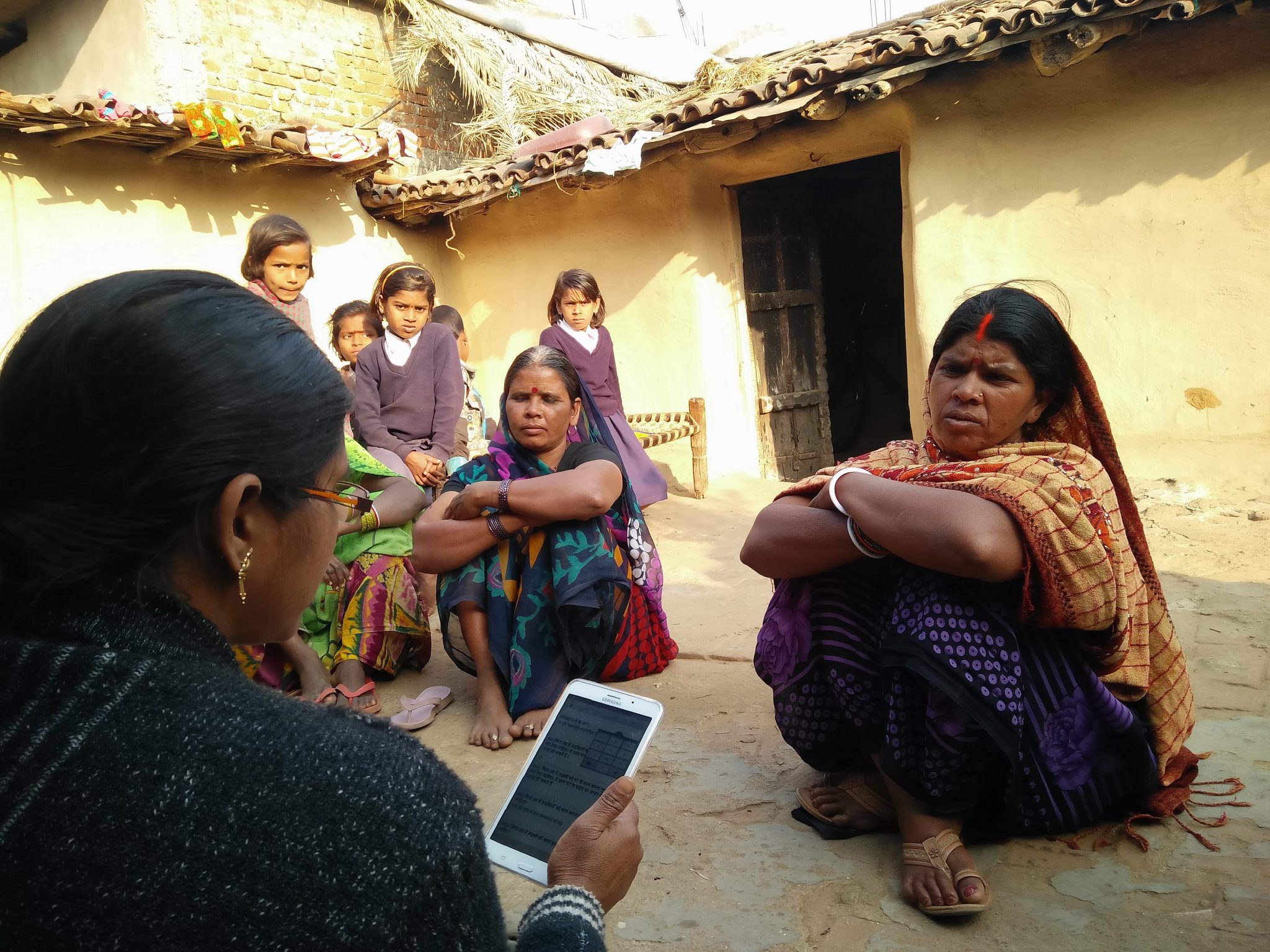Blog Details
Effective data collection necessitates extensive field training, which in turn is a process rife with utter detail. The following objects are communicated to the enumerators as a part of their field training:
CHECKLIST BEFORE INTERVIEWS
Keep the following documents handy:
• Organisation ID
• Permission letters
• Personal ID cards
• The list with respondent names
CHECKLIST AT THE TIME OF THE INTERVIEWS
- Begin the interview only after the respondent satisfies all the screeners. Screeners either qualify or disqualify respondents from taking the survey – depending on their answers. They aid in the decision of who takes your survey based on the target audience one wants to hear from.
- Tell the respondents your name and the name of your organisation.
THE CONSENT FORM
- Introduce Yourself - Give an introduction to yourself and your organisation.
- Purpose of Study & Time Taken - Explain what the study is about and the estimated duration for the survey.
- Confidentiality and Privacy - Let the respondent know that his/her information will be kept confidential.
- Risks and Benefits - Let the respondent know that by taking part in it, she/he will not be at risk or be benefitted in any manner. It is only for academic purposes.
- Voluntary Participation - Let the respondent know that the survey is voluntary. She/he may refuse to answer if and when they wish to.
- Consent & Documentation - For the respondents who know how to sign, capture their signatures digitally. For the respondents who do not know how sign ask them you mark “X” as their consent on the tablet.
The respondent should understand the following:
- They can refuse to answer any question.
- They can stop the interview at any time.
- Their opinion is valued by the enumerator and the organisation alike.
GENERAL TIPS
Probe, but do not lead.
A “probe” is a follow-up question that asks the main question in a different or more specific way that the respondent might understand more easily. You should not “lead” or provide the answers to the questions.
Always try to get a private corner for respondents. Avoid approaching people in groups.
UPON REACHING THE SURVEY SITE, FOLLOW THE STEPS GIVEN BELOW
- Locate the household by asking either the community members or from looking at the address mentioned in the hardcopy.
- Once you reach the household check by asking the screener questions.
- Once you have the verified household follow the priority list for respondents.
- If the respondent is available, begin the survey. If the desired respondent is not available, schedule an appointment.
SOME COMMONLY USED DEFINITIONS
Household: Any member who either lives in the house and/or eats from the same chulha.
Head of the Household: The person who is responsible for making decisions and earning money for the household.
Most Knowledgeable (Female/Male): Here most knowledgeable means someone who is aware of all income expenses/savings of the household and the overall health and wellbeing of the household members.
Note:
i) They must be an adult member.
ii) This does not necessarily have to be the eldest member of the family.
iii) This has nothing to do with the educational qualifications of the person.
Let the respondent identify who is the head of household/most knowledgeable person of the household.
Household Members: Here household member refers to anyone who eats from the same chulha and or lives under the same roof.
If the mother eats and/or lives alternatively with two sons in two different households, she should be counted in both the households.
If household help or a lodger eats one meal then do not count as household member.
If a child or member stays out because of work or study, count them as members of the household, if they provide or receive monetary assistance from the household.
Age:
Adults:
i) People above the age of 18.
ii) People who can vote.
iii) People with a bank account.
Children (Below 18 years):
i) Infants or small children in the household. (0 - 5 years)
ii) School going children. (Up to class 12)
iii) If there are no school going children in the house probe for children who would have been in school right now if they would have been enrolled.
Business: Refers to ANY activity that the respondent undertakes to earn money and the respondent is not someone's employee.
Note:
- If the respondent has multiple businesses but maintains ONE log book or ONE cashbox for all of them consider it as ONE business.
- If the respondent has multiple businesses but maintains SEPARATE log books/SEPARATE cashboxes, for all of them consider it as SEPARATE businesses.
END OF THE SURVEY
- During the survey, if ANY other member other than the respondent tries to answer, then ask them to stop
- Capture ONLY the responses of the selected respondent. ALL interviewer questions are for the enumerator. Based on the entire survey the questions are to be answered correctly.








David Angel Makel
IT ConsultantIt is a long established fact that a reader will be distracted by the readable content page looking at its layout point of using normal